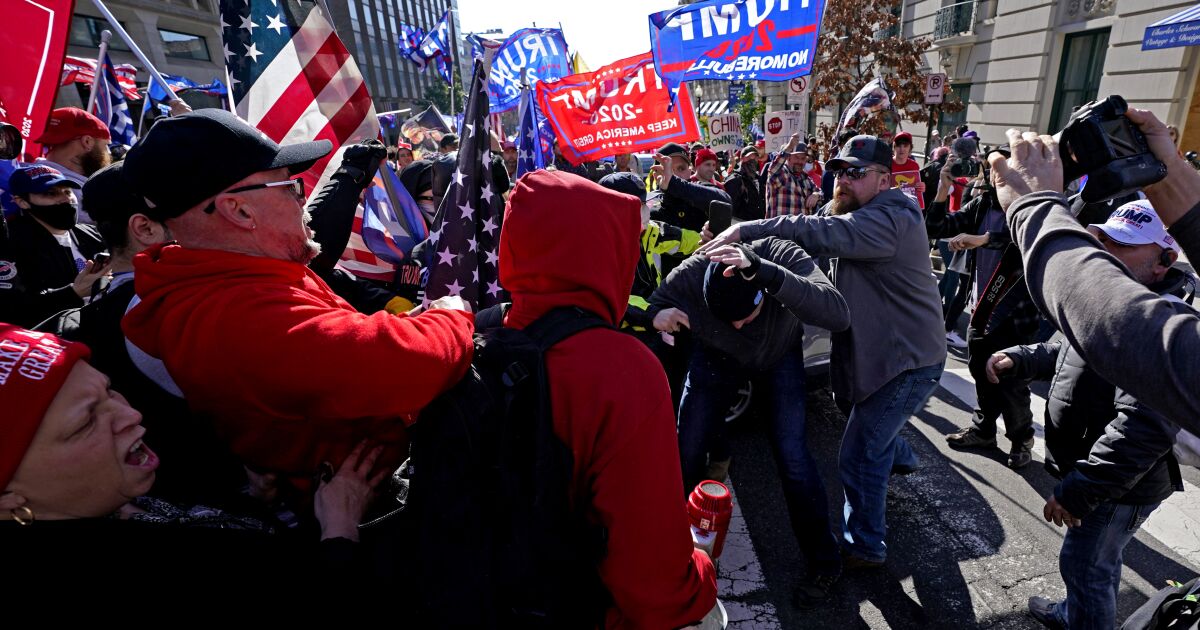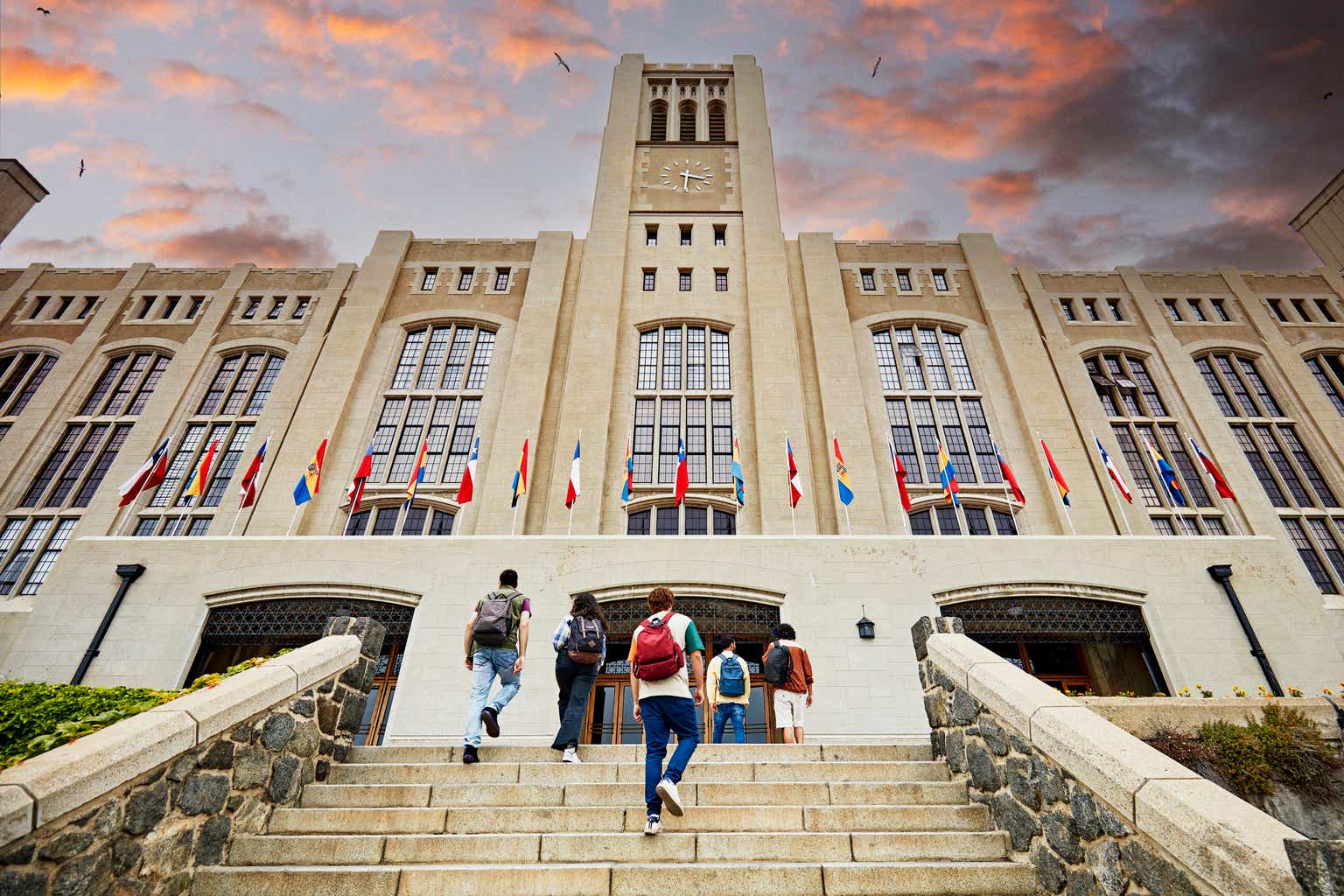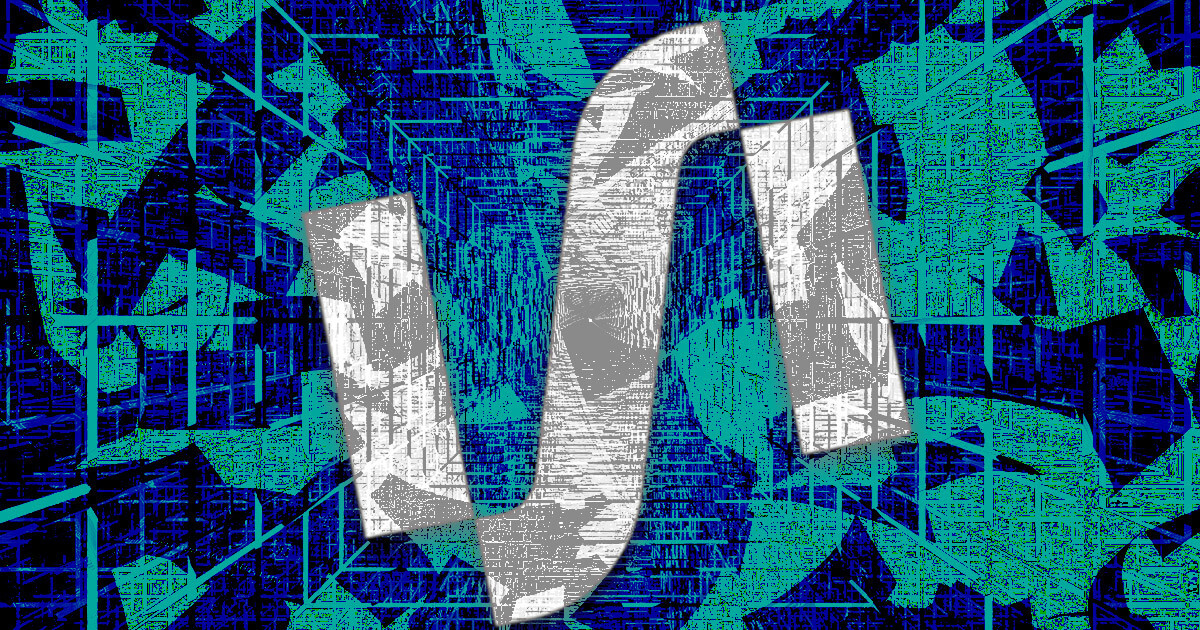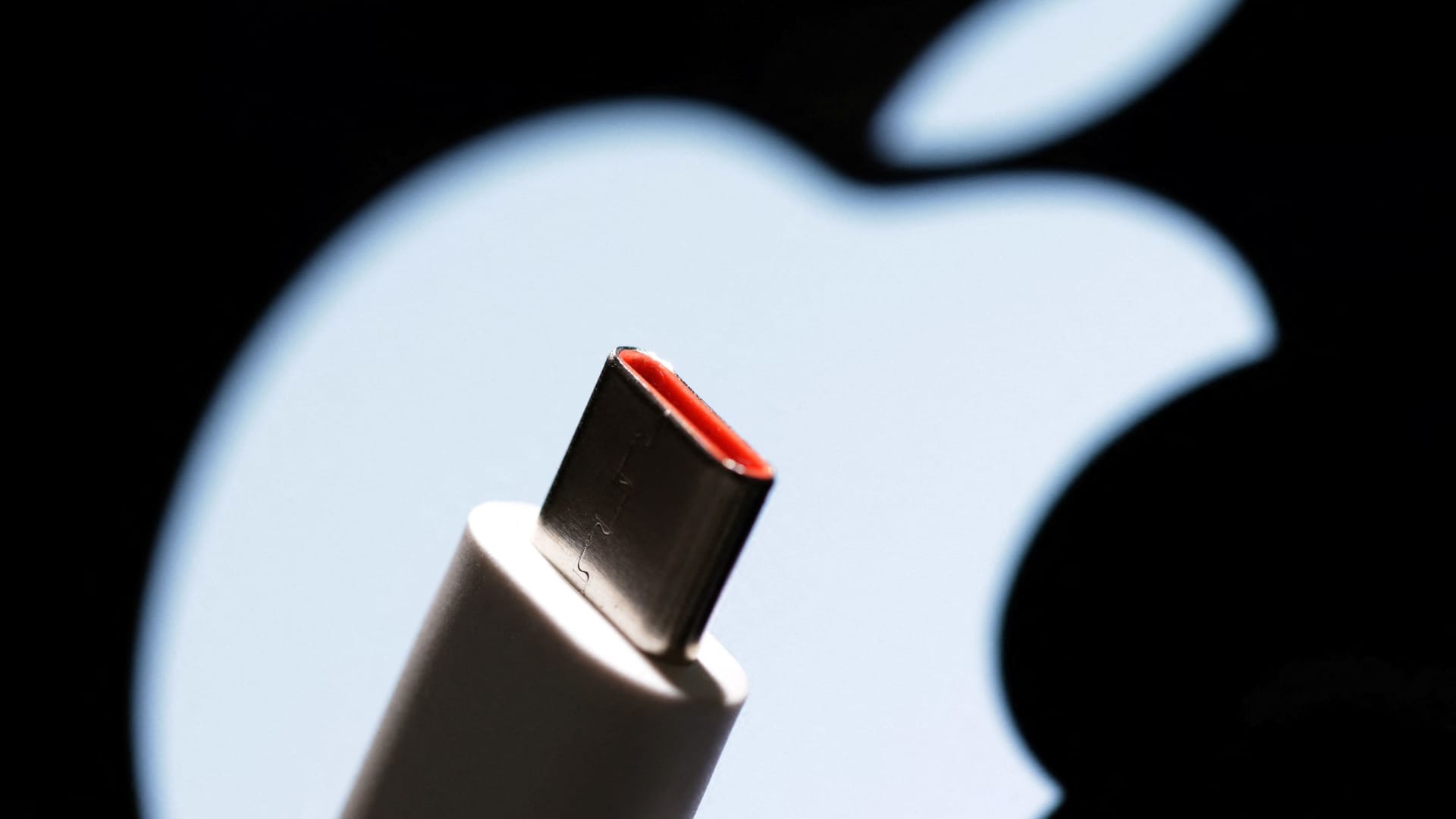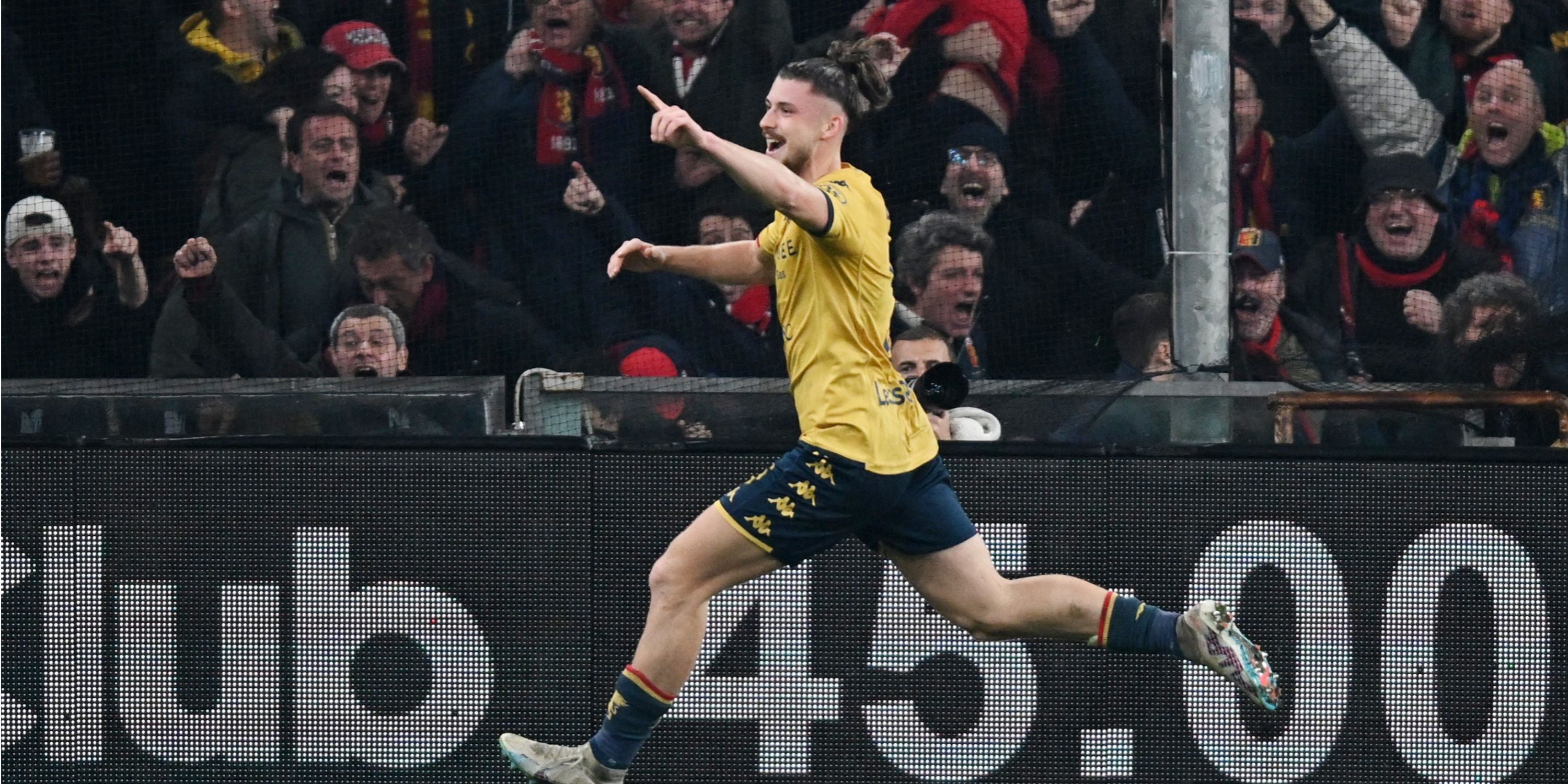NEW YORK, Sep 19 (IPS) – The high-level segment of the UN General Assembly (UNGA) is famous for its fiery speeches and the colorful personalities assembled in the GA Hall. But much more goes on beyond the hall itself –the frenzy of the press in the broadcast trucks, security personnel on every sidewalk, military aides in dress uniforms, and an endless round of receptions and parties of every kind.
One of the best-known events in this vast theater is the showy motorcade that brings the President of the United States to the UN. Motorcycles from the New York police department, fifty or more in all, roar along in advance of the main presidential limousines. Police barricades line the streets. The sirens and roar of the engines reverberate wherever they go.
The motorcade makes a great impression as it approaches UN Headquarters. No other leader comes even close to such a mighty entry scene. The UN itself faces temporary paralysis as the Presidential security system takes over.
Once, I was standing on the corner of First Avenue and 45th Street when I saw a high-level UN official hurrying up. A policeman stopped him as he tried to get past the barricade and cross the avenue.
“No one crosses the street now,” said the cop. “But I’m Under Secretary General Peter Hansen,” the man replied, “and I have a meeting in ten minutes with the Secretary General.”
“Sorry, buddy,” said the cop, “I have my orders and no one, not even God Himself, goes across this avenue until I say so.” Hansen had to wait for at least twenty minutes until the US President arrived and disappeared inside. Then the Under Secretary-General was finally allowed to go across and carry on with his business.
The impression made by a grand entry like this is well-known in the world of politics. During the colonial era in India, the British Viceroy famously entered the city of Delhi on grand occasions seated with his wife on an enormous, elaborately-bedecked elephant, accompanied by a whole cavalcade of other elephants, carrying maharajas and senior British officials.
The grandest of these events were reserved for the investiture of the British sovereign and were known as darbars. Today, motorcycles create the awe and the President gets a smooth ride in an armored limousine.
Hundreds of lunches, dinners and grand receptions take place during the high-level period. The most unusual event I ever attended was a reception held in the Central Park Zoo, in honor of Denis Sassou Nguesso, the President of the Republic of Congo.
The Wildlife Conservation Society, operator of the zoo, put on the event to “thank” the Congolese strongman for accepting a large sum of money to “protect” a part of the Congolese rainforest. The reception took place outdoors, around the famous sea lion pool. There were African drums, costumed dancers, musicians playing flutes, bright-colored spotlights and a very restricted guest list.
As I strolled around the pool, chatting with a few of the ambassadors present, I noticed a man standing at some distance from the others, apparently by himself. I walked over to speak to him when suddenly four heavily-armed security guards jumped out of the shadows and confronted me, their automatic weapons pointed menacingly.
I soon realized I was heading towards President Sassou Nguesso himself, in his military dress uniform. His scowl turned to a smile and he waved away the guards, who disappeared again into the trees as I stepped forward. After some pleasantries about protecting rainforests, I took my leave. From Fifth Avenue, as I headed home, I could still hear the drums and see the orange spotlights.
What were the sea lions thinking, I wondered?
Jim Paul was longtime Executive Director of Global Policy Forum, based across the avenue from UN Headquarters. He was founder of the NGO Working Group on the Security Council and the Working Group on Food and Hunger. He was an editor of the Oxford Companion to Politics of the World and his most recent book titled Of Foxes and Chickens: oligarchy and global power in the UN Security Council.
IPS UN Bureau
Follow @IPSNewsUNBureau
Follow IPS News UN Bureau on Instagram
© Inter Press Service (2022) — All Rights ReservedOriginal source: Inter Press Service







